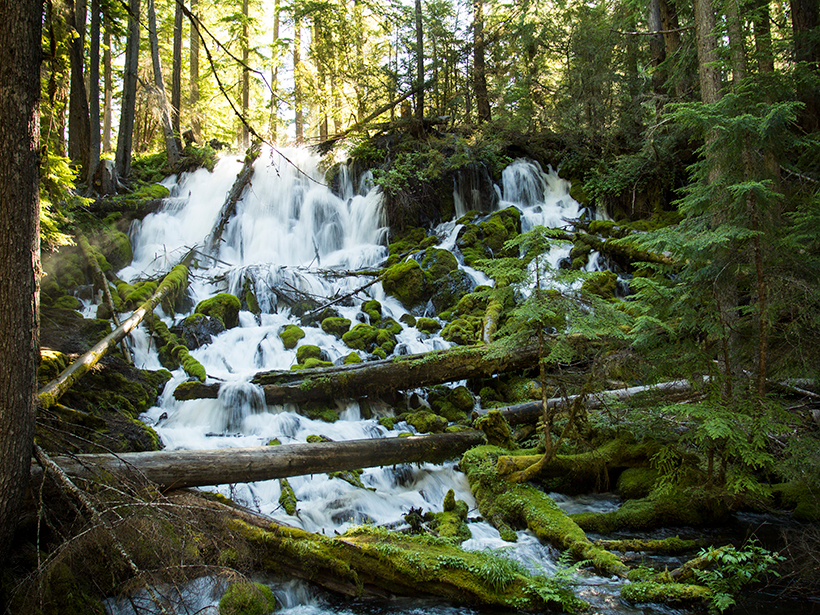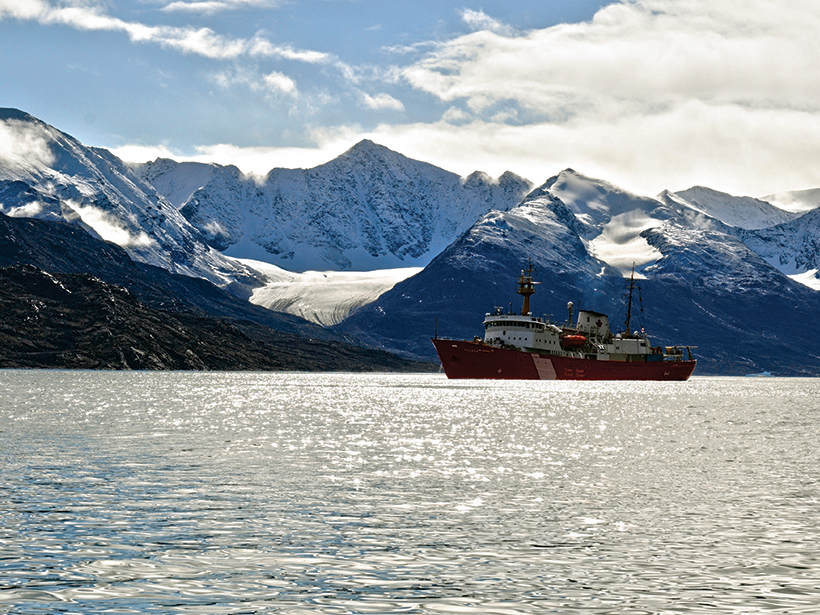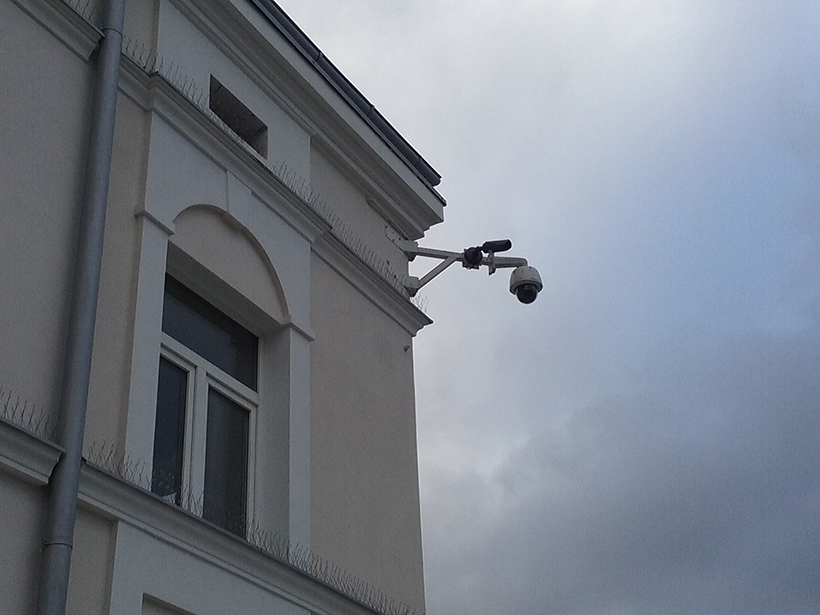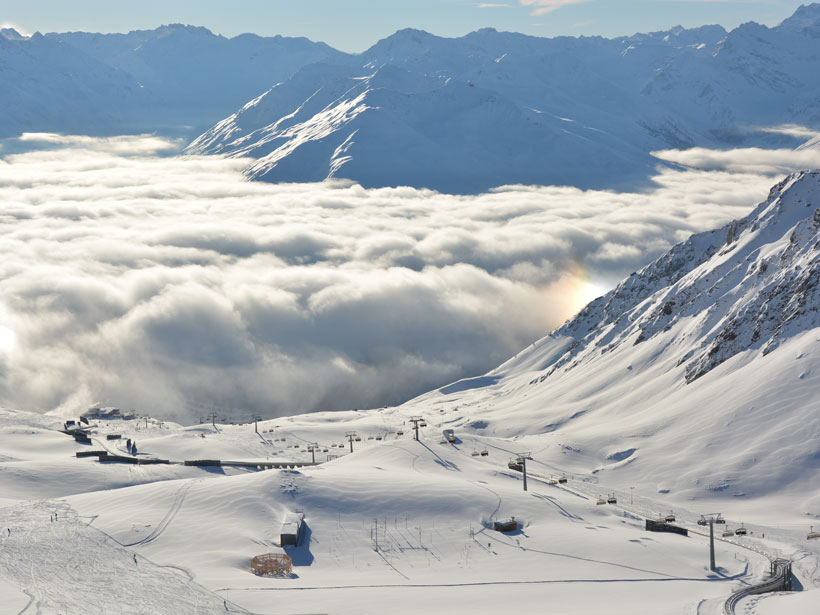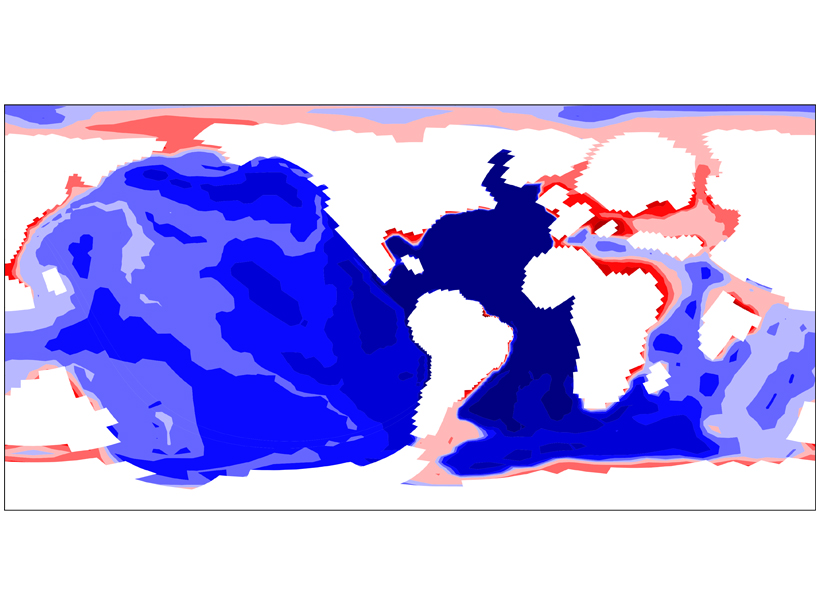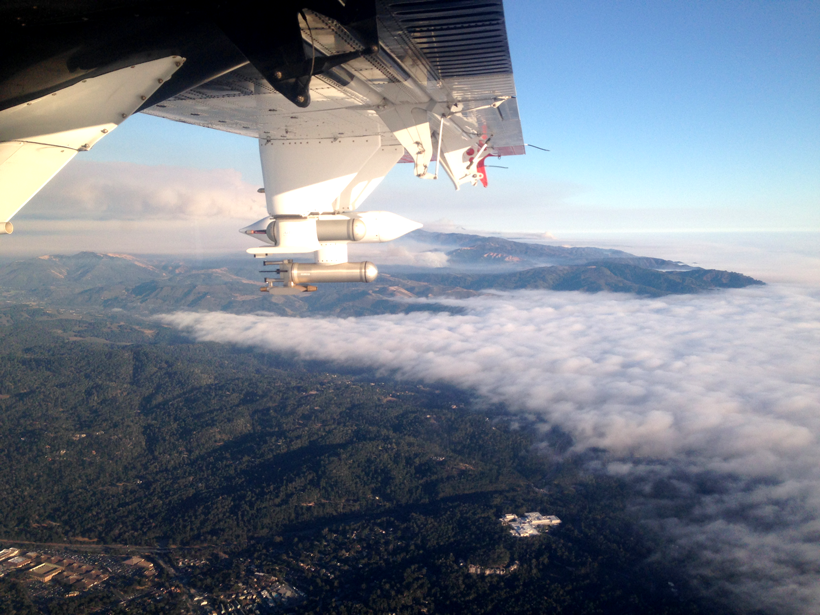A new modeling strategy could improve streamflow predictions in places where mountain snow is a critical source of water.
Sarah Stanley
Sarah Stanley, a freelance writer for Eos, has a background in environmental microbiology but covers a wide range of science stories for a variety of audiences. She has also written for PLOS, the University of Washington, Kaiser Permanente, Stanford Medicine, Gladstone Institutes, and Cancer Commons, a nonprofit that works with cancer patients.
Forested Streams May Warm More Than Observations Predict
Understanding how temperatures of cold-water streams respond to global warming could help clarify the impacts of climate change on aquatic ecosystems.
New Perspectives on 2,000 Years of North Atlantic Climate Change
A review of recent research advancements takes a deep dive into North Atlantic ocean circulation and its potential role in historical climate shifts.
Arctic Glacial Retreat Alters Downstream Fjord Currents
High-resolution mapping efforts could improve predictions of coastal changes as glaciers shrink around the world.
Ordinary Security Cameras Could Keep an Eye on Rainfall
A new opportunistic sensing strategy could use existing closed-circuit television networks to accurately capture rainfall intensity, despite low-cost equipment and visually complex scenes.
Using GPS Sensors to Capture Key Snowpack Properties
A low-cost, two-antenna GPS setup could enable valuable snow measurements in remote locations, improving predictions of runoff and avalanche risk.
Mountain Ecosystems and Communities Face Challenges Worldwide
An unprecedented global assessment examines climate, economic, and governance threats to mountain systems and the benefits they provide, suggesting pathways toward sustainability.
Sea Level Rise May Reactivate Growth of Some Reef Islands
Reconstruction of reef island formation in the Maldives suggests the possibility that not all islands will shrink as climate change progresses.
Explaining Ocean Acidification Patterns During Ancient Warming
Asymmetrical changes in ocean circulation and the marine carbon cycle could account for different degrees of ocean acidification between the Pacific and Atlantic.
Probing Wildfire Smoke Plumes Up Close
Direct observations from flights over coastal California reveal more about aerosol plumes released by burning biomass.


